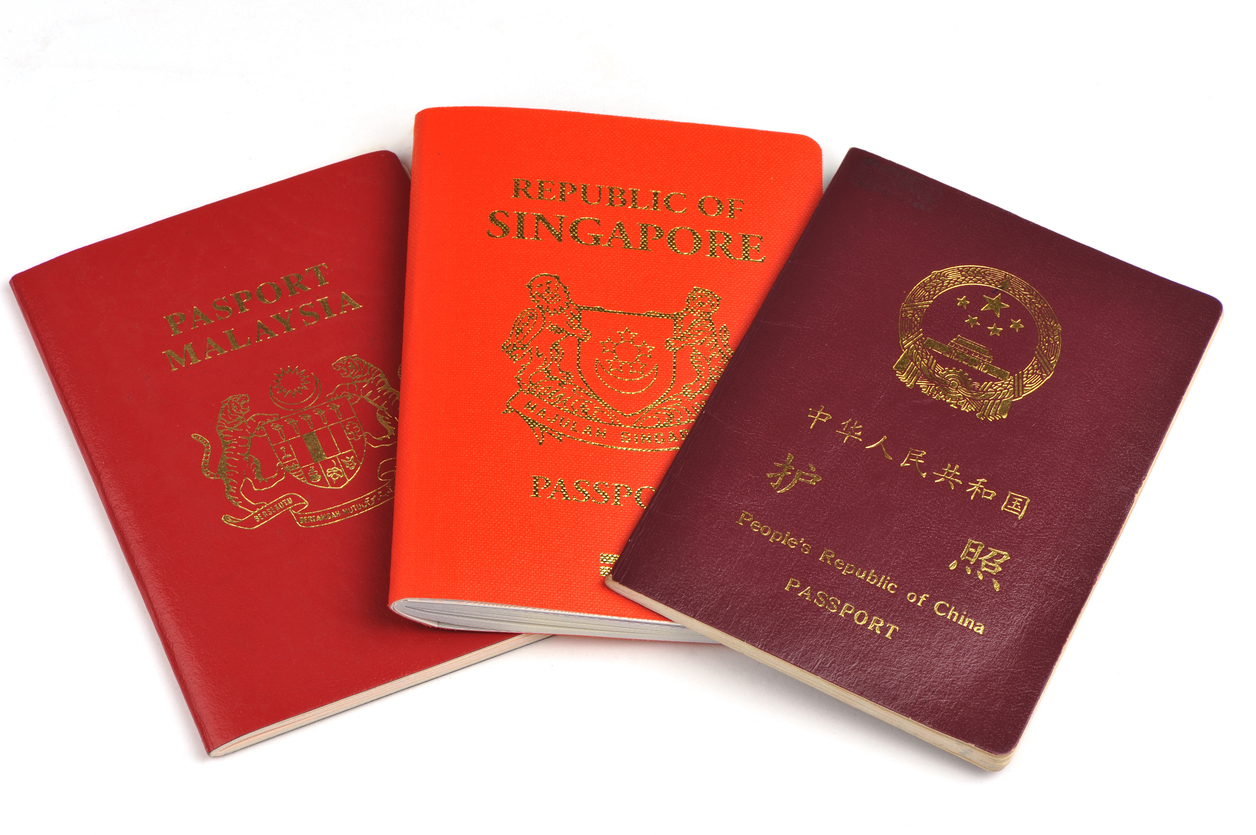
As Singaporeans continue to forge our national identity, discussing dual citizenship may help us to think deeper about what it means to be Singaporean.
Of late, commentaries in the media and online have argued for dual citizenship to be allowed in Singapore — this would result in economic benefits, better integration of migrants, and maintain population levels through increasing the number of citizens. This topic has also been raised by Members of Parliament.
But the government’s response remains this: being a young nation, dual citizenship could dilute a common commitment towards nation building.
It seems that the disallowance of dual citizenship is primarily rooted in our conception of national allegiance. We believe that an individual can and must only be loyal to one country. But is this belief still valid in our increasingly interconnected and mobile world?
The many facets of Singaporean-ness
Singaporeans already have multiple identities — we are a multiracial and multi-religious society. Would we not be just as adept at juggling more than one national identity without compromising on our Singaporean identity?
The 2014 IPS Survey on Race, Religion and Language indicates that we have the potential to. Almost eight in 10 of the 4,131 survey respondents said “Singapore” was important or very important to their overall sense of identity — seven in 10 said “Language” and “Race”, while close to six in 10 said “religion”.
But there are other issues to consider, particularly, the concern that dual citizens will struggle with divided loyalty. An oft-used scenario to illustrate this anxiety is one of war — in times of turmoil, which side would a Singaporean with another passport choose? To assuage concerns, perhaps we should accept that if dual citizenship becomes a reality, it will come with conditions attached, borne out of a lucid negotiation and prioritisation of identities.
Prioritising one identity over the other(s)
Our multiple identities do not necessarily hold equal weight. Similarly, with dual citizenship, one of the national identities will have to be peripheral. This is usually the case in countries that allow for dual citizenship, such as Switzerland. The same can happen here. A Singaporean who has another citizenship may have to forgo certain privileges, such as the right to vote in elections or work for the government.
One issue that has come up in discussing dual citizenship is National Service (NS). There are several ways to ensure that the rule for all able-bodied Singaporean males to serve NS applies — for example, Singaporean males who hold dual citizenships from birth must serve NS only in Singapore. Singapore could also only allow dual citizenship with countries that do not mandate conscription. If a male is not born with dual citizenship and intends to acquire a second citizenship, he must fulfil his NS obligation first. In the event he manages to acquire a second citizenship and evades NS, he should face the same penalties as any Singaporean male evading NS will face, and risk having his Singapore citizenship forfeited as well.
For a foreigner who wishes to acquire the Singapore citizenship as his second citizenship, he will have to serve NS as well. This is to ensure fairness. As the Singapore government has oversight and control over the number of citizenships granted, the number of dual citizens serving NS, especially those who acquired the Singapore citizenship as their second citizenship, should be the minority in comparison to “mono” Singapore citizens.
Another issue worth discussing would be the role of the state, in this case Singapore, towards citizens who are also nationals of another country. Take what happened in the
2006 Lebanon war for example. Canadian-Lebanese dual citizens expected the Canadian state to protect and rescue them, and this ignited a public debate on whether Canadian taxpayers’ funds should go towards protecting dual citizens who were living and paying taxes abroad. Should the same situation occur, would Singaporeans in Singapore, the “mono” citizens, see dual-citizen Singaporeans living abroad as one of them? National identity is, after all, also shaped and reinforced by the relationship between citizens.
These issues must be resolved before dual citizenship can become a reality. Attitudes will also need to be re-examined — for instance, in his 2010 paper titled Dual Citizenship as Human Right, law academic Peter J. Spiro argued that the use of the word “disloyalty” in discussions of dual citizenship was intended to be “a shaming mechanism against the practice of dual nationality even where the law could not.”
Reaping the benefits
Despite the issues surrounding dual citizenship, Singapore seems well placed to consider this option. For one, we have been successful in forging a common identity in spite of our differences. As our population becomes more diverse, we need to find ways to accommodate more fluidity and variety. Dual citizenship can be a way to embrace overlapping identities.
Secondly, dual citizenship presents an opportunity to retain links with the increasing number of people who have an affinity to our nation, but may not live here for various reasons.
IPS’ 2014/15 S R Nathan Fellow for the Study of Singapore Ho Kwon Ping also alluded to this during a dialogue after his third IPS-Nathan Lecture in February 2015. He added that in thinking about dual citizenship, we should consider how many Singaporeans we are “losing”, and how many would have remained Singaporeans if dual citizenship was allowed.
According to the 2015 Population in Brief report by the National Population and Talent Division, transnational marriages continue to comprise more than a third of all marriages involving citizens in 2014, which means there will be an increasing number of children with the option of dual nationalities born from such marriages. Given these factors, it is prudent to think critically about what dual citizenship entails and how we may reap its benefits for Singapore.
Athena Foo is pursuing her Masters degree in Public Policy at the Lee Kuan Yew School of Public Policy. She was previously an intern at the Institute of Policy Studies.
Top photo from IStock.
